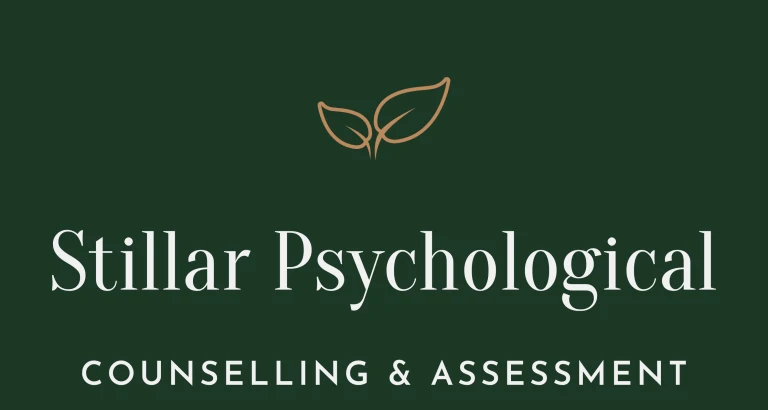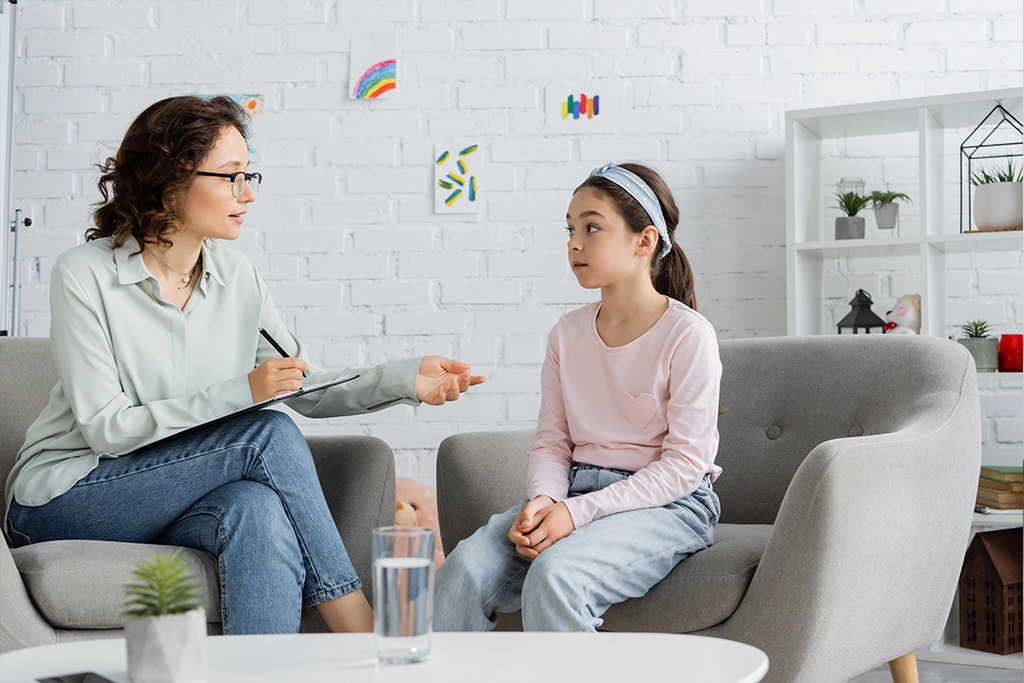As cities in the world begin to ease up on the restrictions placed during the pandemic, in midst of all the excitement and anticipation, the thought of re-entering the world may be intimidating to many of us. Ever since the restrictions to indoor gathering, the introduction of social distancing, and working from home became the norm in recent times, many of the skills we once cultivated in the social world became rusted and unfamiliar. Changes in environment and our pace of living demanded the learning of new skillsets while setting aside those that used to help us maneuver ourselves in the way in which we interact with the physical world and those around us. For this reason, there may be many of us who feel hesitant in our ability to succeed in the tasks back in the world.
We know confidence is the opposite of incertitude, but what is confidence, and how does one build it? Although confidence is a term that is broadly used, some scholars make a distinction between confidence and self-esteem. For self-esteem has been commonly regarded as the feelings you have for yourself, confidence is known to be the degree of certainty you have that your actions will obtain a certain result. One can have great self-esteem but have no confidence in running a marathon, and by the same token, one can have great confidence in competing in a marathon but believe they worth very little as an individual. Of course, confidence and self-esteem are as intertwined as they are different. It is not unusual for a person to be more confident in what they are doing if they have better feelings towards themselves, and perhaps many of us may share in the joy of discovering our sense of self-worth through doing what we are confident in doing. As we prepare to go back into the world, confidence becomes all the more important as it helps us adapt to changes in the environment and finding the paces of ourselves that may have been lost during social restrictions.
Consider some of these steps to help you build your confidence.
Positive Visuals – Imaging yourself succeeding at a task helps stimulate positive thinking which in turn affects the lens through which we use to view the world. There is truth in the saying that we are unable to create that which cannot be imagined, through visual imagery, we can start building our confidence by first getting comfortable with the idea that our actions may bring about the desired outcome which in turn may enhance our perception of what actions need to be taken, and finally, the eventual execution of the action itself. To be confident can also be thought of as being confident in your actions, positive imagery helps us familiarize ourselves with the power our actions can have.
Recall an Event of Success – When one is uncertain whether or not he will do well on an exam in school, it helps relieve some of the stress and build one’s confidence if one recalls back on the last event where they succeeded in getting a good grade. Events of success are often monumental at first but quickly forgotten, however, these success stories of the past are great building blocks for confidence in the present and the future. These confident building events don’t need to be big; they can be small micro-events such as finally getting the cleaning done in the house, or hitting everything on the grocery list, all of which plants the seed for positive expectations that “I can do this as long as I try.”
Review Constructive Criticisms – Interpretations of criticisms in our lives are often twofold. One can either shy from it and see it as a threat, or face up towards it and see it as a tool for self-growth. Confidence starts from knowing how to take constructive criticisms, recall an event where you were given constructive criticism and the ways in which it helped you. By familiarizing ourselves with taking constructive criticisms we may begin to develop confidence by acknowledging the actions we take to complete a task can only improve, this helps boosts our willingness to act and try new things.
A Supportive Social Circle – It helps to enhance one’s confidence if one is surrounded by confident and supportive individuals. It is normal to not feel confident in doing something, having a supportive circle of friends or family members helps in developing a sense of confidence through acts of encouragement and compassion. A supportive social circle also creates a safe environment which helps us familiarize ourselves with our flaws and facilitates the giving and taking of constructive criticisms.





















